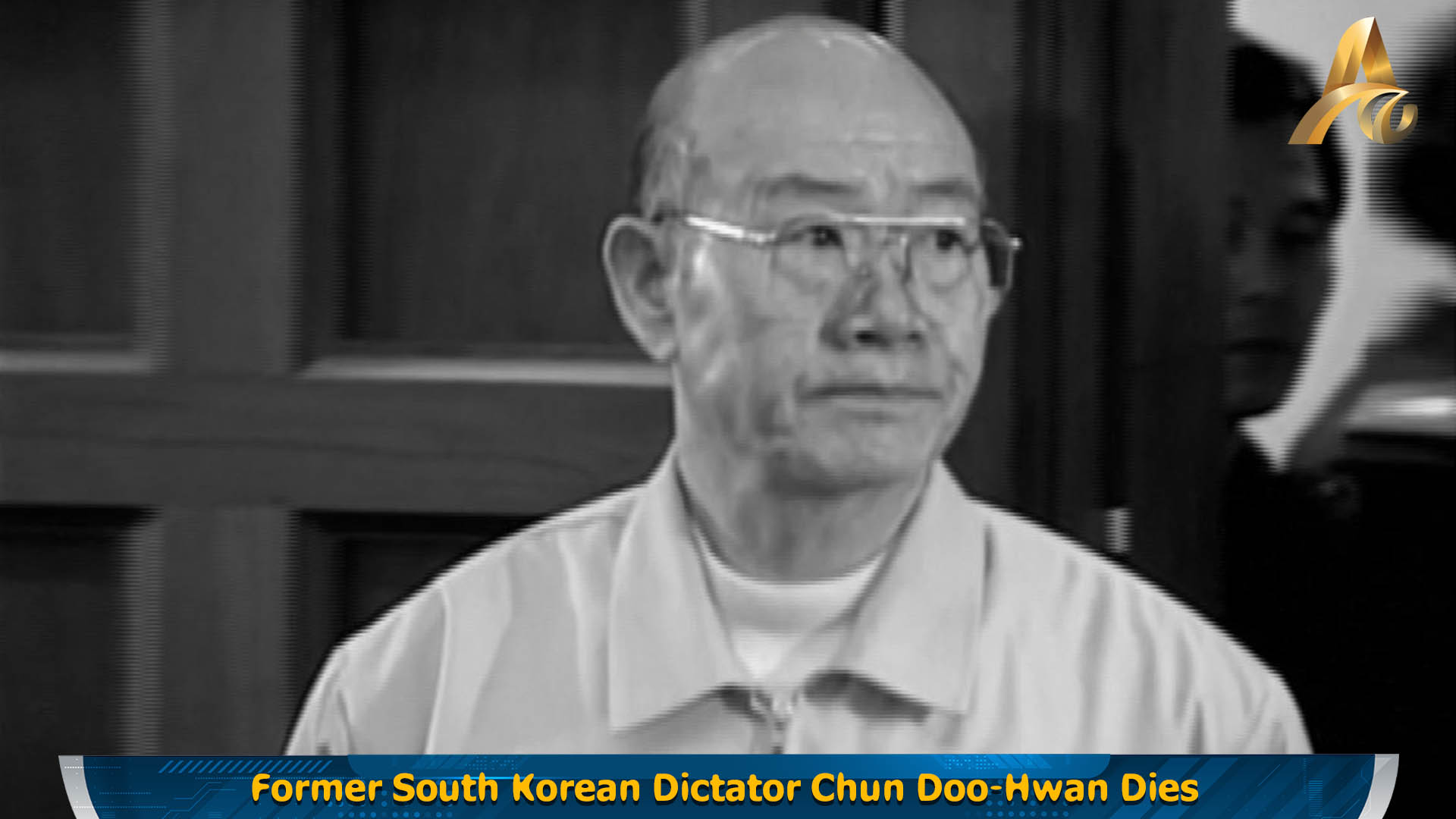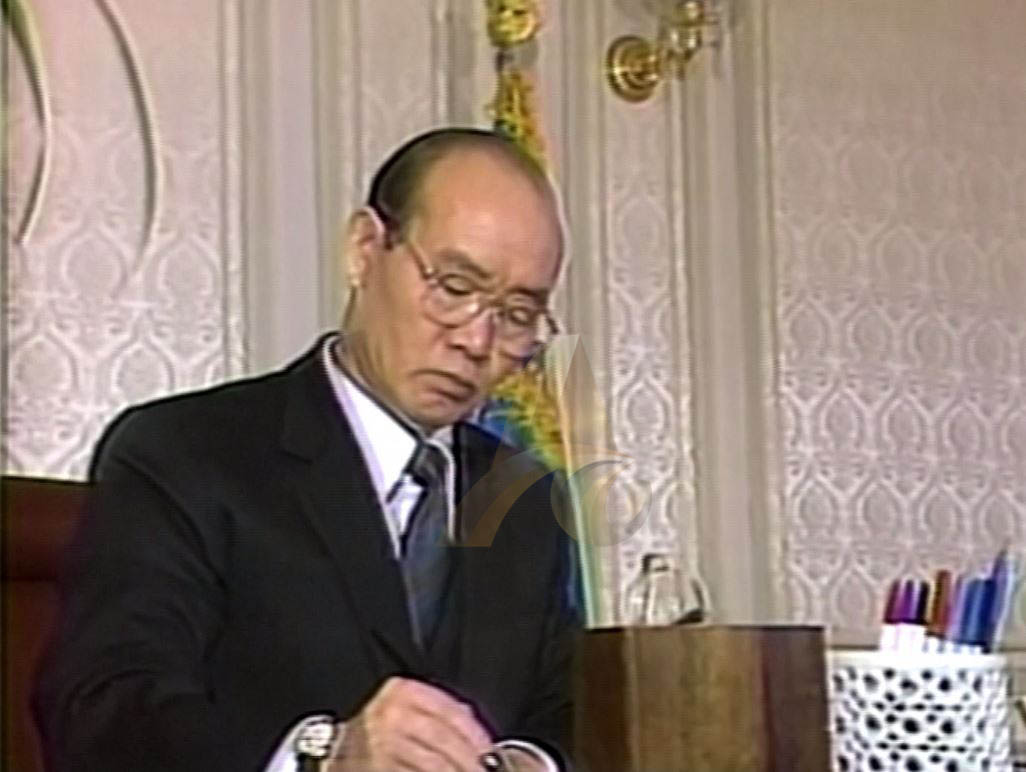INTERNATIONAL: Former South Korean President Chun Doo-hwan, who ruled for eight years, whose iron-fisted rule of the country following a 1979 military coup sparked massive democracy protests, died on Tuesday at the age of 90.
A former military commander, Chun presided over the 1980 Gwangju army massacre of pro-democracy demonstrators, a crime for which he was later convicted and received a commuted death sentence.
Chun had multiple myeloma, a blood cancer which was in remission, and his health had deteriorated recently, this was shared by his former press secretary Min Chung-ki.He passed away at his Seoul home. His death came about a month after another former president and his coup comrade Roh Tae-woo, who played a crucial but controversial role in the country’s troubled transition to democracy, died at age 88.
An aloof, ramrod-straight Chun during his mid-1990s trial defended the coup as necessary to save the nation from a political crisis and has denied sending troops into Gwangju. The former dictator was born on March 6, 1931, in Yulgok-myeon, a poor farming town in the southeastern county of Hapcheon, during Japanese rule over Korea. He has joined the military straight out of high school, working his way up the ranks until he was appointed a commander in 1979. Taking charge of the investigation into the assassination of President Park Chung-hee that year, Chun courted key military allies and has gained control of South Korea's intelligence agencies to headline a 12 December coup.
Chun's eight-year rule in the presidential Blue House was marked by brutality and political repression. It was also marked by economic prosperity. He resigned from office amid a nationwide student-led democratic movement in 1987 demanding a direct electoral system.
In 1995, he was charged with mutiny, treason and was arrested after refusing to appear at the prosecutors' office and fleeing to his hometown. It was dubbed as the "trial of the century", he and coup co-conspirator and succeeding President Roh Tae-Woo were found guilty of mutiny, treason and bribery. In their verdict, judges have concluded that Chun's rise to power came "through illegal means which inflicted enormous damage on the people".
Thousands of students were believed to have been killed at Gwangju, according to testimonies by survivors, former military officers and investigators. Roh was given a lengthy jail term while Chun was sentenced to death. However, that was commuted by the Seoul High Court in recognition of Chun's role in the fast-paced economic development of the Asian "Tiger" and the peaceful transfer of the presidency to Roh in 1988. Both men were pardoned and freed from jail in 1997 by President Kim Young-sam, in what he called an effort to promote "national unity". In 2020, Chun was found guilty and received an eight-month suspended sentence for defaming a late democracy activist and Catholic priest in his 2017 memoirs.























